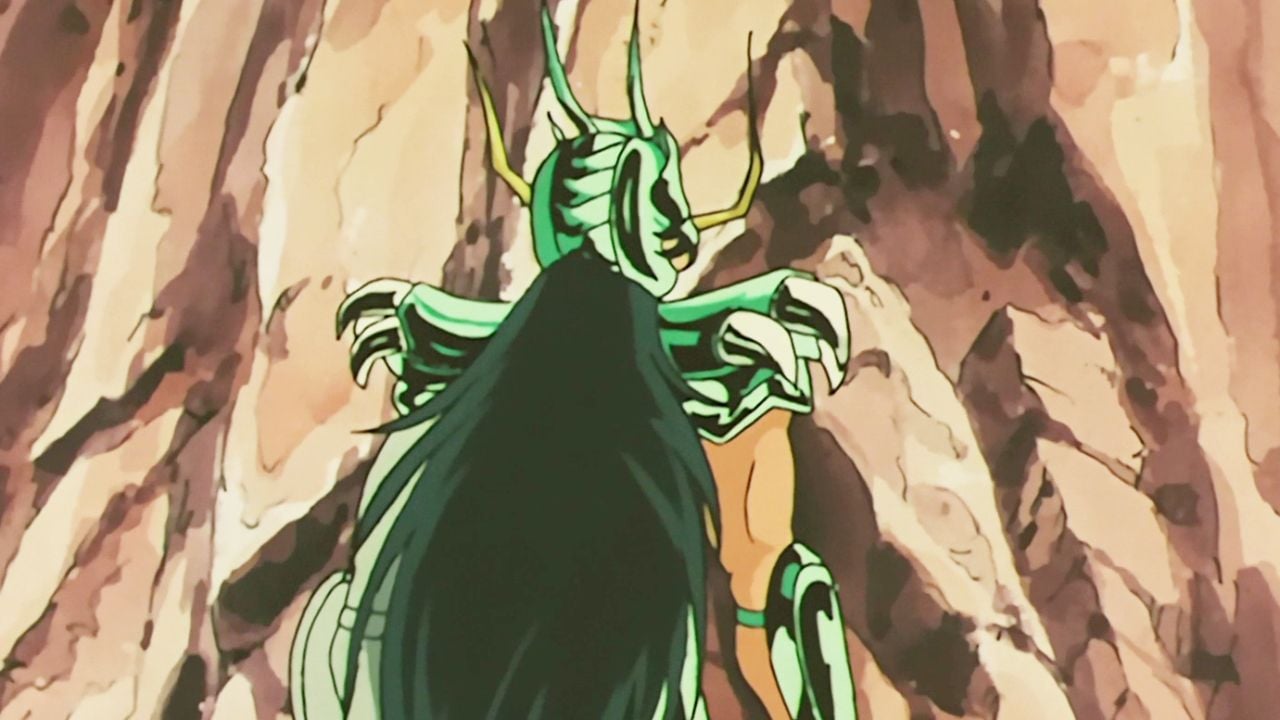Christopher Nolan’s new feature film is a three-hour colossus that never stops changing style, language and aesthetics; read review
Jew, womanizer, genius, arrogant, progressive. There are several adjectives that serve to describe J.Robert Oppenheimeran American physicist who has gone down in history as one of the leading names to develop the atomic bombs who decimated more than 100,000 Japanese during the Second war.
How to summarize this story, with all its contradictions, on a movie screen? How to explain the strength of Oppenheimer? Who took the job Christopher Nolandirector who has signed various projects such as The origin, Batman the dark knight AND Amnesia.
He pored over Oppenheimer’s dense and lengthy biography (or simply Oppie, for the intimate ones) and translated much of that story into Oppenheimera feature film that comes out in theaters this Thursday 20. A complicated film, which arrives in theaters surrounded by challenges.
Two challenges behind ‘Oppenheimer’
- The first, born before the launch, serves to offset the budget of more than 100 million dollars. Low value compared to Indiana Jones and the Relic of Destinyfor example, but higher if we look at the movie scene: few releases cross the $500 million mark. Oppenheimermoreover, he has a tricky challenge to win the ticket money race against the expected Barbie AND Mission: Impossible 7.
- The second challenge, almost as complicated as the first, is precisely that of translating the story of J. Robert Oppenheimer into a film that not only makes sense, but is also pleasant to watch. who read Oppenheimer: The Triumph and Tragedy of the American Prometheus, biography that inspired the film, knows that it is not something simple. You can’t just compile formulas. To cover the whole story, you have to explain yourself.
This is exactly what Nolan does in three hours of screening. Oppenheimer it has three neatly divided stories, even if it has that old filmmaker and screenwriter characteristic of dividing time, with comings and goings. They are: Oppie’s (Cillian Murphy) first moments as a physicist, exploring the possibilities of quantum physics in academia; management of the Manhattan Project, which developed the bomb; and the inquisition that was born after the war.
Three in one
There are practically three distinct films, in which Nolan brings his versatility as a director into play:
- There is the drama of Oppenheimer as a man who bears the blame for creating a weapon of mass destruction;
- there is tension, with touches of thriller, with the trials of the first bomb;
- there’s the courtroom movie, which cuts across nearly every narrative as the American physicist tries to protect himself from accusations that he’s a traitor.
These different films, inhabiting the same story, have very different interpretations. The first hour of screening, focused on the development of Oppenheimer’s personality and the introduction to the mind of this man who changed humanity, is the densest, but also the most tiring. It should alienate some of the audience, especially those who fell from a parachute during the session after watching Barbie.
It’s a piece of the film that is also heavily influenced by Nolan’s personality. He, who shot the story on 70mm film for IMAX, fits too much into the story early on, with exaggerated cut scenes, abstracted sequences, and narrative decisions that don’t quite add to what the story is telling. It’s bearable.
After that first half, though, the film finds its heart. Finally, Nolan discovers how to shine with the story: the desire to play with the time of the narrative decreases a little and focuses on the construction (and deconstruction) Oppenheimer. As he says at the beginning, and as the biography rightly underlines, he is the modern Prometheus. The titan who stole fire from the gods and gave it to humanity – here, in the figure of man who blows up the species.
Oppenheimer grows as Nolan understands the intricacies of the plot and pursues by revealing not a moment in history, but the man who transformed it. Robert’s drama (not Oppenheimer’s) tastes tastier than all the rest. After all, he is a Jew who, while denying his origin, created the most powerful weapon of World War II. Reason for celebration? The scene in which the physicist sees that his creation worked, almost without a mishap, is brilliant, but he wonders: what now? What will become of the world, of life?
Oppenheimer, the man with no end
At some point of OppenheimerI was reminded of Daniel Plainview, the protagonist of black blood, drama by Paul Thomas Anderson. He’s a very driven, obsessed man who sees his defeat based on these other attributes of him. The madness comes from his success, but also from Plainview’s whole idea of his journey.
It is, in due proportion, Oppenheimer’s journey. He is a dedicated man, eager to put his name in history and help his country. But it is so? How to adjust your ideals as progress just happens?
Cillian Murphy, who plays Oppie, couldn’t be better: the star, known for his work on the series Peaky Blinders, understands who Oppenheimer is and gives a mature performance aware of its emotional complexity – it correctly follows all the nuances of Nolan’s film. The same goes for Robert Downey Jr., the interpreter of the philanthropist and businessman Lewis Strauss: impeccable and knows how to modulate his character.
The rest of the cast, with names like Emily Blunt, Matt Damon, Kenneth Branagh, Florence Pugh, Casey Affleck and even Rami Malek (who appears in three scenes, two of which have no dialogue), seem content to appear in the feature without any real depth. .
Thus Oppenheimer manages to overcome the hype: although it is a film that struggles to get going and that has to disappoint a part of the audience, it is one of Christopher Nolan’s more mature films, who faces challenges and knows how to make a dense film without getting tired . A difficult production, which does not surrender to the mannerisms of commercial cinema, and which makes us understand that Oppenheimer is among us, like an invisible threat that he never wanted to be.
Source: Terra
Rose James is a Gossipify movie and series reviewer known for her in-depth analysis and unique perspective on the latest releases. With a background in film studies, she provides engaging and informative reviews, and keeps readers up to date with industry trends and emerging talents.






